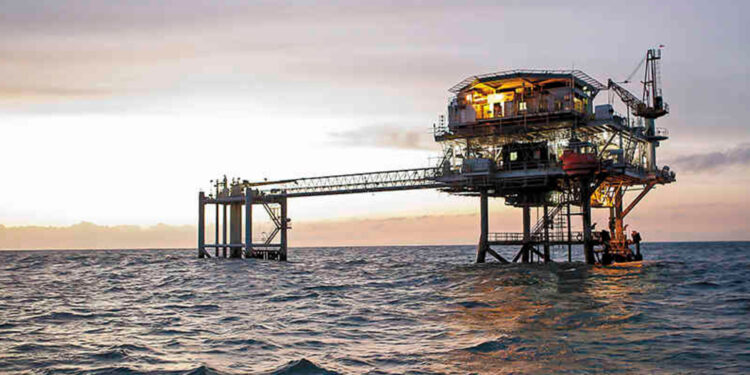British Prime Minister, Rishi Sunak has called for an end to antisemitism on campus.
This came as he met with university leaders in an effort to prevent the type of unrest seen on American campuses in recent weeks.
Sunak’s office disclosed that he had invited Vice Chancellors from some of the U.K.’s top universities to discuss efforts to tackle antisemitism on campus.
Sunak summoned the Vice Chancellors after the government said that “antisemitic abuse” was disrupting learning amid a growing number of pro-Palestinian protests.
Pro-Palestinian protesters have built encampments at about a dozen U.K. universities, including Oxford and Cambridge, over the past two weeks as some students and academics call on the institutions to cut ties with Israel over the conflict in Gaza.
While the protests have so far remained relatively small and peaceful, some Jewish students are expressing concerns about antisemitism.
Ahead of the meeting, Sunak warned of “students and academic staff being targeted, threatened, and assaulted simply for being Jewish.”
“We will always protect freedom of speech and the right to protest,” Sunak noted in a British newspaper.
“But just as importantly, universities have a profound duty to remain bastions of tolerance, where such debate takes place with respect for others — and where every student feels safe and at home, whatever their faith or background.”
Rishi Sunak
Sunak also announced that the government would provide an additional 500,000 pounds ($623,000) to the University Jewish Chaplaincy Service to support Jewish students.
According to the Communities Security Trust, which works to combat antisemitism in Britain, the number of antisemitic incidents at the U.K.’s 142 universities tripled last year as tensions rose over the war in the Middle East.
UK Not Following U.S’ Arms Pause To Israel

Separately, UK Foreign Minister, David Cameron said that the UK will not be following the US in withholding arms sales to Israel, saying the positions are not comparable since the UK is not a large state-to-state arms supplier to Israel.
The Foreign Secretary added that the UK did not support a large-scale invasion of Rafah unless it saw a plan that protects civilians, a position the UK has repeated for the past month.
Foreign Office officials said they had no view as to whether Hamas or Israel were closer to the UK position of a two-stage ceasefire, starting with a humanitarian ceasefire and leading to a permanent cessation.
They pointed out that Israel claimed the offer accepted by Hamas on Sunday differed from the one that Israel had been prepared to accept the week before.
Cameron said, “There’s a very fundamental difference between the US situation and the UK situation.”
“The US is a massive state supplier of weapons to Israel. We do not have a UK government supply of weapons to Israel, we have a number of licences, and I think our defence exports to Israel are responsible for significantly less than 1% of their total. That is a big difference.
“On Rafah, we are clear that we would not support some major operation in Rafah unless there was a very clear plan for how to protect people and save lives, and all the rest of it.”
David Cameron
“We have not seen that plan, so in the circumstances we will not support a major operation in Rafah,” he added.
“We have very clear licensing procedures, some of the toughest and most rigorous in the world. We follow them through very closely and that’s what we’re doing, and will continue to do, in the period ahead,” he said.
Cameron asserted that he remained focused on improving the flow of humanitarian aid into Gaza and said that the position was improving with the opening of the Rafah crossing on Thursday and the delivery of aid.
READ ALSO: MTN Ghana, MobileMoney LTD Headlines 3i Africa Summit 2024




















